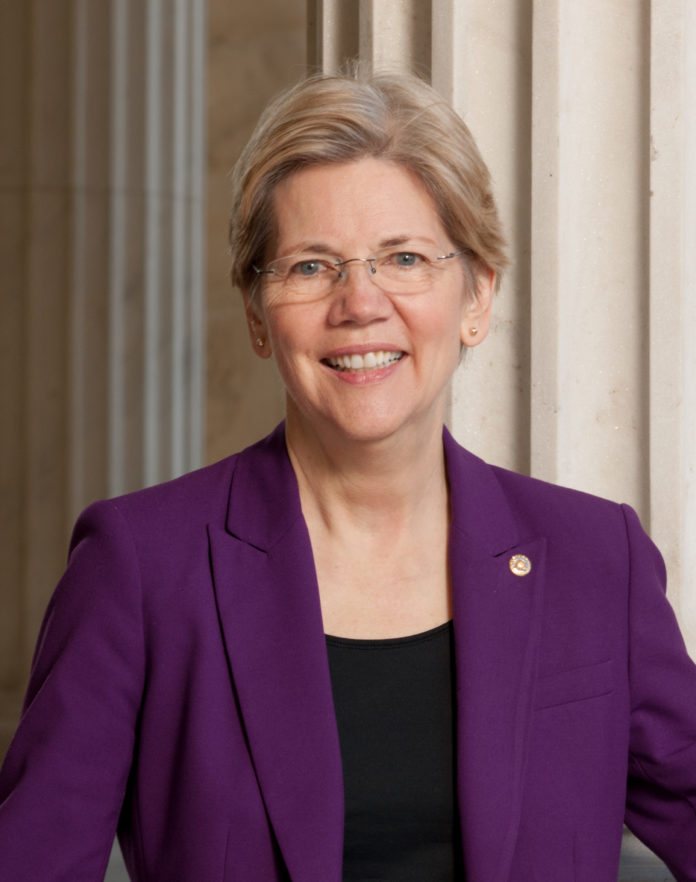At the beginning of the month, former House Majority Leader Eric Cantor took a lucrative new role at Moelis & Co., a New York-based investment bank. The move, announced the day after Labor Day, seemed hasty—only two weeks after Cantor’s resignation from Congress. Suggestions abounded that the hope was to avoid widespread attention to Cantor’s sudden career change.
Better luck next time.
In a scathing editorial for The Huffington Post, Senator Elizabeth Warren (D-MA) lashed out at the continual blurring of the lines between finance and politics, explaining that Cantor’s new job is just the latest manifestation of the collaborative relationship between Wall Street and Washington, D.C.
“Cantor has little experience in financial services,” wrote Senator Warren, “and the value of people like him to Wall Street firms is influence peddling, plain and simple.”
Warren admitted that her opposition to Wall Street’s influence in the nation’s capital is nothing new. However, what drew her ire this time was a corresponding editorial by former Representative Anthony Weiner. Identifying himself as a fellow “member of the fighting wing of the Democratic party”, Weiner nonetheless called Senator Warren’s criticism of Cantor ‘overblown’ and ‘petty’.
“I’ve talked about [Wall Street’s influence] for a long time—long before I even thought of running for office,” wrote Senator Warren. “But when I see a problem… a lot of others in Washington, both Democrats and Republicans, seem to see government working just fine.”
Some of the highlights of Warren’s argument—which can be read in its entirety here—were the following:
- Pointing out that three of our last four Treasury secretaries under Democratic presidents held high-paying jobs with Citigroup before or after leaving the Treasury—while the 4th secretary turned down Citigroup’s CEO role.
- Another former member of Congress, Democrat Melissa Bean, recently filled the position at JPMorgan Chase that was vacated by former White House Chief of Staff Bill Daley.
- In the year 2009, almost 1,500 former federal employees were engaged in lobbying efforts for the financial services sector. Among them were some 73 former members of Congress.
Senator Warren concluded the editorial with an appeal to get Washington working for families rather than corporations; for policymaking rather than profits; and for the common man rather than for those who can hire armies of lobbyists. But above all, she made it clear that her words were not a personal attack on her former colleague.
“Eric Cantor isn’t the exception—he’s the rule,” she wrote. “The ties between Washington and Wall Street run deep.”













